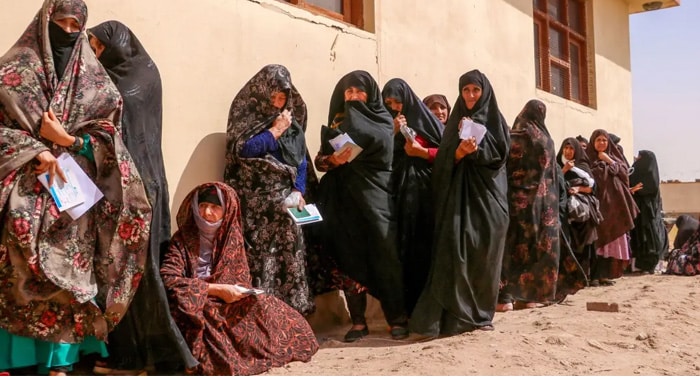A recent report by the United Nations Women’s Division has painted a grim picture of the ongoing struggles faced by women in Afghanistan. According to the report, over 70% of women in the country are unable to access essential humanitarian aid due to systemic barriers exacerbated by the Taliban’s strict policies. These restrictions have created an environment where women’s participation in public life and their access to basic services have been severely limited.
Released on Sunday, April 27, 2024, the report identifies two key obstacles that prevent Afghan women from receiving the help they need: the lack of female staff in humanitarian organisations and severe mobility restrictions imposed by the Taliban. The report highlights how these barriers, compounded by other gender-based restrictions, have left many women without access to crucial healthcare, education, and nutrition services.
Of particular concern is the Taliban’s ban on women working for non-governmental organisations (NGOs) and United Nations (UN) agencies. This decision has further undermined the role of women in shaping responses to the humanitarian crisis in Afghanistan, leading to a lack of gender-sensitive aid that is essential for addressing the specific needs of women and girls.
The report also underscores the devastating impact on girls’ education, with only 43% of school-aged girls receiving any form of education. Furthermore, virtually no girls in the 13-17 age group are attending school, perpetuating the cycle of poverty and disenfranchisement. The absence of education for girls has long-term consequences not only for their futures but for the stability and progress of the entire country.
In addition to the education crisis, the report highlights the increasing economic pressures on Afghan households, particularly those led by women. With families resorting to drastic measures such as skipping meals, pulling children out of school, and even forcing early child marriages, the situation for many women and children is dire.
The lack of female health workers has further worsened the maternal health crisis, and women’s limited decision-making power has left them vulnerable to gender-based violence and early marriage.
Despite these severe challenges, women-led organisations in Afghanistan continue to advocate for women’s rights, although they remain underfunded and struggle to maintain operations. The report calls for greater international support to address these pressing issues and to ensure that Afghan women are able to access the resources and rights they are entitled to.
The United Nations’ findings underscore the urgent need for systemic change to ensure that Afghan women are not left behind as the country navigates its future. Without immediate intervention, the situation for women and girls in Afghanistan is likely to worsen, hindering the country’s long-term stability and recovery.





